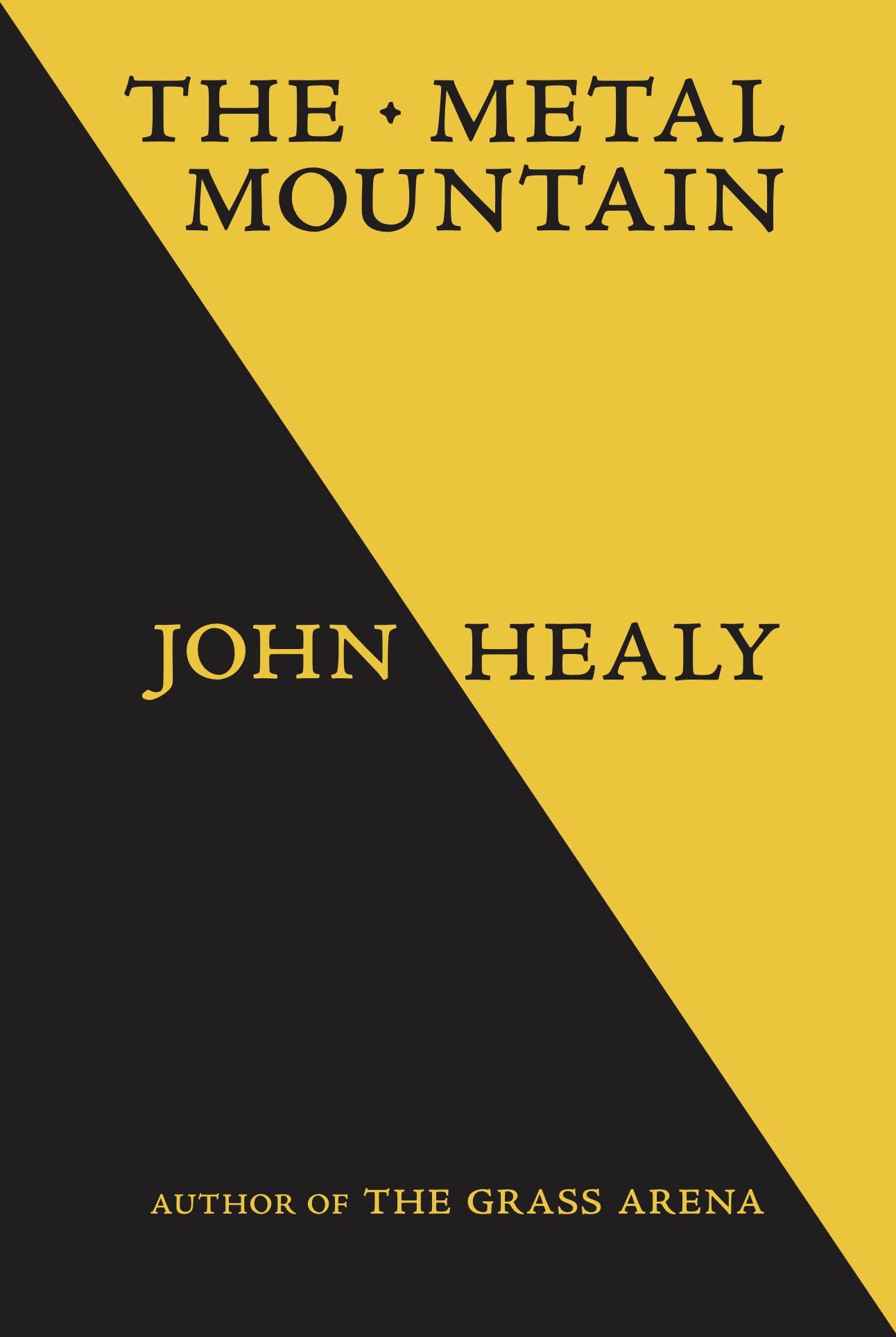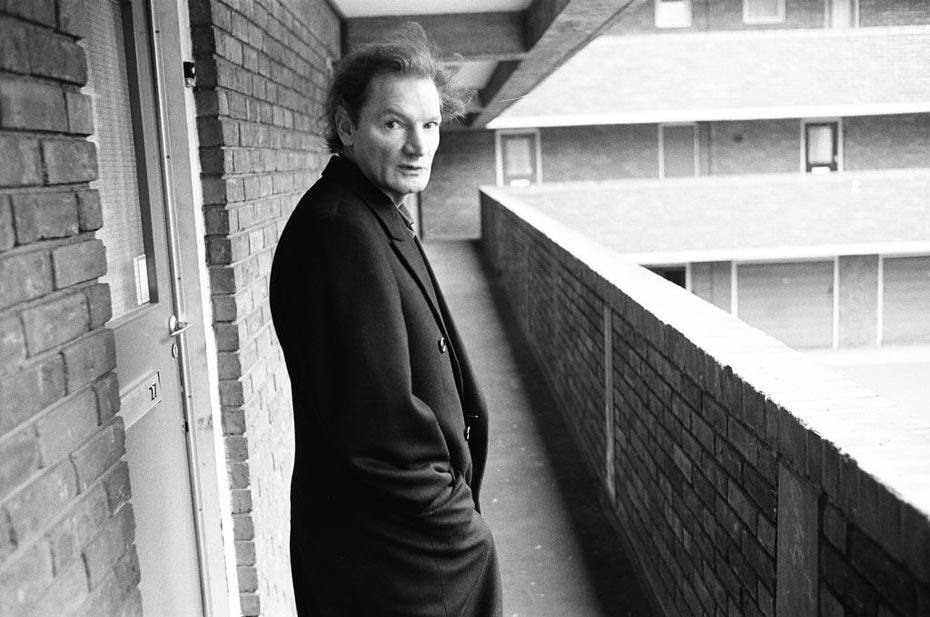Etruscan Books was founded in 1996 by poet Nicholas Johnson, and publishes concrete, Gaelic & modernist poetry with an ear for the lyric & the made up word.
The press grew out of the Six Towns Poetry Festival (1992-97) in Stoke on Trent and, maintaining the atmosphere of these gatherings, gives attention to spatiality and experiment in carefully edited books sewn on good papers.1 As a publisher, Etruscan represents a continuum of the ethos of bookmaking by historic presses like Fulcrum, Goliard, Triagram & Grosseteste. Our first publication was by Edward Dorn and we have published works by Carlyle Reedy, Seán Rafferty, John Hall, Bob Cobbing, Brian Catling & Brian Coffey.
Etruscan Books has curated tours, readings and festivals across the British Isles, including a residency at Arnolfini, Bristol for the exhibition Black Mountain: Starting at Zero, 1935-1957. This featured James Kelman, B.M. Bottomley, Alice Notley and Tom Raworth, amongst others. Etruscan Books also runs the Black Huts festival of writing, film and music in Hastings Old Town.2 Artists who have already taken part include Shirley Collins, Philip Crozier, Mark Jenkin, Helen Macdonald, Alasdair Roberts, Meg Bateman, Andrew Kötting and Jessica Pujol Duran amongst others.
1. The poet Roy Fisher was a subtle and dedicated patron to the festival; Flora MacNeill and Kevin Coyne sang there; the filmmaker Timothy Neat filmed the final festival; Staffordshire Moorlands’ hero King Doug—lord of the Roaches—read his War Correspondence there, and Burslem writer and painter Arthur Berry declined a reading as he had agrophobia. Poet Alan Halsey met Geraldine Monk at a tribute to David Jones.
2. American writers like Robert Creeley, Carl Rakosi and Edward Dorn read there; Ahmed Balabdaoui, Robin Blaser and Tina Darragh gave their debut British readings there; Bill Griffiths, Barry MacSweeney and Maggie O’Sullivan read there; Scottish poets Hamish Henderson, Meg Bateman, Tom Leonard, Sorley MacLean and Gael Turnbull returned often to what MacLean called “the most companionable festival.”
“I founded black huts in Hastings old town in 2012. Having decided to move there from a farming village on west Devon I was able to realize the impetus for upping sticks to Hastings. The blueprint for Black Huts was in an abstract way the memory trace of Six Towns Poetry Festival. But the vibrant film community around the Electric Palace cinema and the curation there by Rebecca E Marshall, and 8 local film makers evenings, ‘Arrow in the Eye’ by Mark French were the real impetus. Discreetly I evoked the 6tpf by events and readings around poets Edward Dorn, Lynette Roberts, and readings by perhaps eight poets I’d met through that festival. But the festival quickly took shape around the generosity of writers and writer film makers working there, and musicians Trevor Watts and Veryan Weston, John Harle. The filmmakers included Richard Heslop, Chris Petit, Nichola Bruce, Roland Jarvis, Catherine Leathers, and nearly every session fused music writing and film, the three mediums I wished to work in. The festival would feature a talk by painter Philip Crozier on the Hastings childhood shared with his brother the poet Andrew Crozier, a concert by Grasscut in honour of Basil Bunting, a reading of an imprisonment account on behalf of Stuart Christie and a four song concert by Shirley Collins, following a talk she gave on her Hastings childhood.”
—N.J.
NEWS
26/10/2021
Robert W. Palmer
Bath and Bristol man and boy, “skipper”
September 5th 1946—mid-October 2021
Dear Friends,
Sad news that Skip died perhaps last weekend, about 9 days ago.
It is hard to think of Skip gone without smiling at his many ways, but it is also hard to think of Skip gone. Skip was loyal, attentive, funny, kind, generous, imaginative, gregarious/solitary, vivid, encouraging, polite: he loved being on the move/on the hoof, away from chores and deadlines...
As my right hand man among gifted collaborators, he copy edited much of what I wrote or edited, sometimes giving me phrases and ideas for my own writing, and a true feel for the other writers he embarked upon as typographer. We worked together on many book tours and on smaller calmer essences of travel care and friendship, and I probably owe him more than any other person in what he so consistently enabled with erudition, wit and deft judgement.
He could never duplicate a piece of great typography. Each book he took afresh, as its own puzzle. He wrote his own poems, he drew, sketched and painted : he was a fine photographer, he sang with a deep bass, and memorized many poems and songs.
Above all he was my friend, with whom I traveled in his unique cars or van he named Mandala, driving and map reading with detours and impulses instincts and infectious optimism, without an inch of sarcasm or malice to anyone.. a free spirit, of life lived in remote parts of Wales, a monastic retreat near Birmingham, a semester taught by Basil Bunting at Buffalo, following from an uncompleted degree with J.H.Prynne, where he received the highest grade in his 1st and only year at Cambridge, work on free food counters at free festivals in the 70s.
He was a close friend these last 27 years; but I met him first working as an in house printer in 1987 for a travel company where Skip was also discreetly yet lavishly printing a poetry magazine, which he'd designed a collage for, as a full-colour cover. For this company he was also an unlikely weekend tour courier.
It is one thing to say how much I owe him, but it also important to say how much I loved being with Skip, and how many adventures we had, driving [Slam bam boogie], ambling, feasting, editing. Skip embodied and sustained the confident act of friendship, welcome, and mirth.
I’m sorry to bring this news.
All the mighty best,
Nick
01/11/2019
The Metal Mountain reviewed in The Irish Times

“Thirty years after the publication of John Healy’s award-winning autobiography The Grass Arena, his second novel, The Metal Mountain, attempts to stand as its spiritual sequel. Reminiscent of the intimate, emotional narratives of DH Lawrence, Healy’s new work offers the reader an immersive and intense account of a complex immigrant experience. In a London still struggling to build a post-war identity, Healy’s central protagonist, 17-year-old Bridget Kelly dreams of more than her immigrant life will ever offer her. In a novel replete with symbols, the city’s thriving black market becomes a metaphor for inequality and injustice as Bridget strives to prove that even one person can make a difference, no matter the cost. Looming over everything is the eponymous metal mountain of the book’s title, another symbol of the harsh and unforgiving reality of city existence. Healy’s prose is heavy and dramatic, laden with interiority, and is at times overwhelming to the point of being challenging. A demanding novel from an always interesting and engaging author.” Rebecca Long
01/11/2019

Etruscan author John Healy will appear at London’s Small Publisher’s Fair (Conway Hall, November 16th) to sign copies of his new novel, The Metal Mountain (see here).


